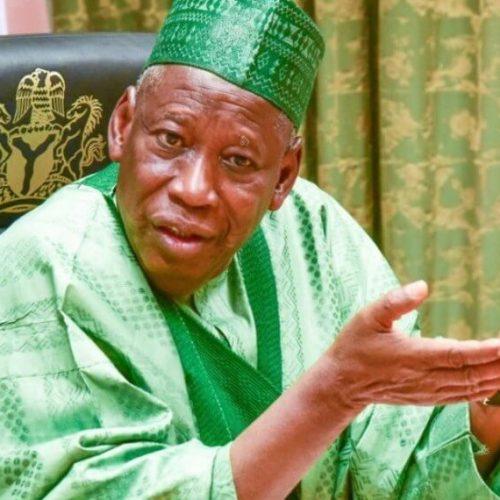
After the international crude oil benchmark, Brent advanced above $70 as reported earlier in the month, industry experts see meagre benefits as subsidy payments gulp revenues.
The Federal Account Allocation Committee report for May, value shortfall, representing the amount the NNPC paid for subsidy, showed that the March receipts amounted to N111.97bn, while February’s totalled N60.40bn.
According to the FAAC reports for January, February and March, the total amount spent on subsidy for the first three months of 2021 stands at N197.74bn.
The Nigerian Governors Forum during its May 19 meeting suggested that the Federal Government end subsidy payments and peg the pump price of PMS at N380 per litre.
The governors reacted following the non-remittance of the NNPC into the April FAAC payments as most states required federal allocations to meet their expenses such as payment of salaries and building infrastructure.
Experts say with payment of subsidy on petrol imports, gain in oil price means little to the nation.
Abuja-based financial planner and economic expert, Kalu Aja, said, “If Nigeria is importing Premium Motor Spirit and still paying subsidy, then there is no seismic shift.”
“Nigeria needs oil at $130 to meet the deficit. In the short term, however, more dollar cash flow is expected and with depreciated Naira, it will reduce short term deficit.”

Aja said that current subsidy payments were politically motivated and not for economic benefits.
He said, “The administration believes cheaper petrol is a ‘dividend of democracy’. However, the NNPC may take fuel prices up a notch if oil prices remain elevated.”
On the effects rising oil prices could have on the economy, he said, “The slope of the fossil fuel economy is trending downwards. The Gross Domestic Product is comprised mostly of services and agriculture.
“Services are suffering under a scarcity of USD and infrastructural deficit, while agriculture is suffering under insurgency. Apapa ports are also inefficient.
“Crude oil prices are income, GDP needs investment and consumption to rise, inflation has reduced real wages and killed off consumption.”
He added, “The supply of USD from rising oil prices cannot meet demand from importers and people who travel abroad for education and healthcare.”
“A hundred per cent of crude earnings are earmarked towards salaries, pension and allowances and the service-wide votes of the federal civil servants.”
Adedayo Bakare, a research analyst, said that the current prices do not really mean much for the country economically.
He said, “The ongoing transition away from fossil fuels and weak oil production from the output cuts by the Organisation of Petroleum Exporting Countries will not make the country benefit much from the rising oil prices.
“Oil production used to be over two million barrels but now around 1.5 million barrels. We need OPEC to relax the output cuts for the naira to gain.”
Bakare said that although in the short term, higher oil prices partly help exports and provided forex to the economy, there were many other things that would have to add up to boost the value of the naira.
He said, “The oil sector is less than 10 per cent of GDP. We need the non-oil sector to recover to have any chance.
“Growth is unlikely to recover to pre-2015 levels when oil prices were high because the reforms needed to support the economy have not been implemented.
“Consumers are struggling yet consumption is above 60 per cent of GDP. Investment is weak and limited. The government needs to support and create conditions to incentivise private sector investment, domestic and foreign.”
“Remember the banking and telecoms reform of the early 2000s that expanded GDP? They should be thinking about things that can have a similar impact,” Bakare added.


















